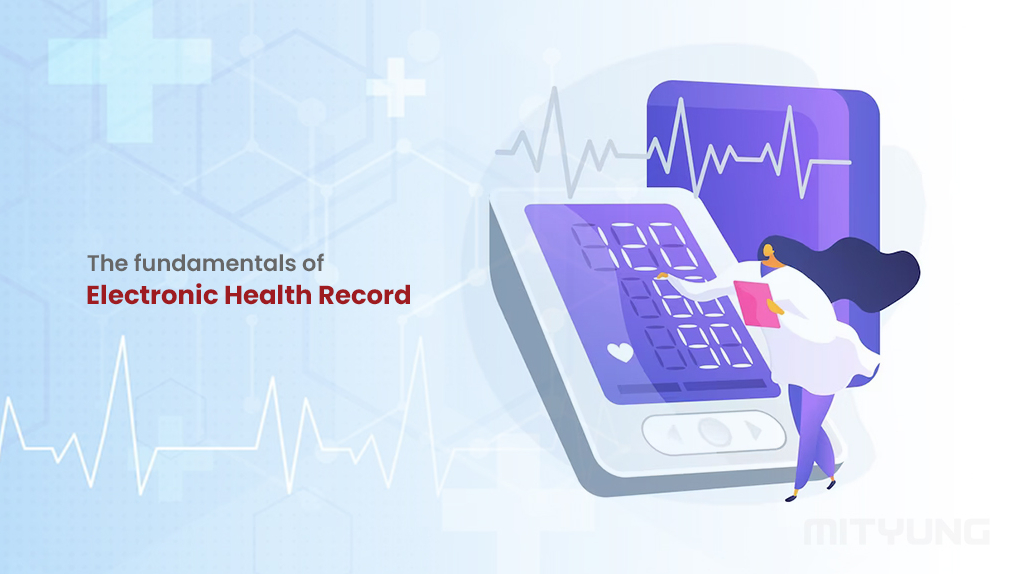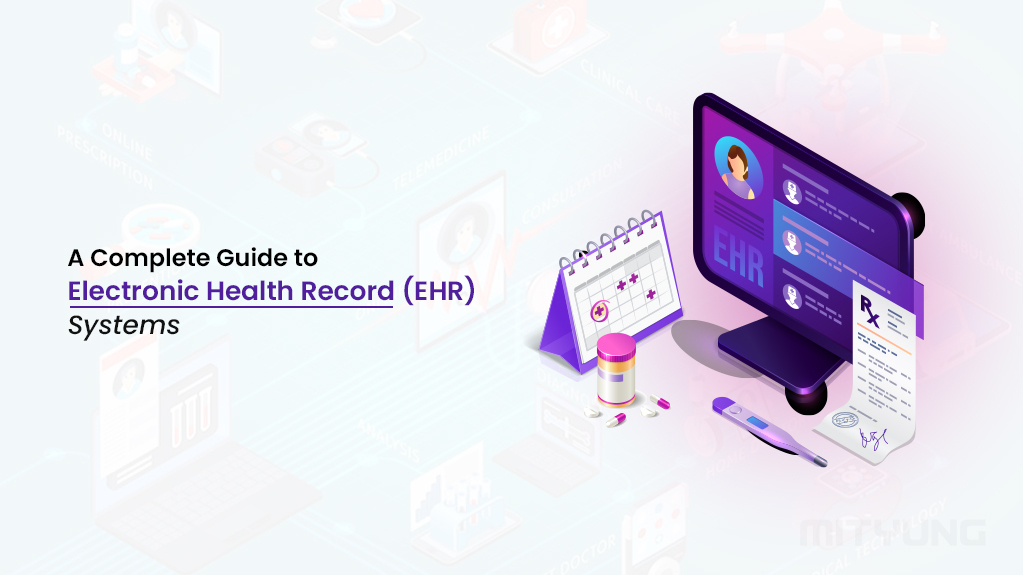-
Our Services
-
Healthcare IT Solutions
-
IT Consulting Services
-
Data Science
-
Cloud Computing
-
Information Security Solutions
Related Post

Healthcare
April 27, 2023
An Overview of the Fundamentals of Electronic Health Record
Definition of Electronic Health Record (EHR) Electronic Health Records are ...

Healthcare
May 16, 2023
A Complete Guide to Electronic Health Record Systems
IntroductionIn today's ever-evolving healthcare landscape, Electronic Health R...
Healthcare
May 26, 2023
From Paper to Pixels: The Digital Transformation of Healthcare with EHRs
In the world of healthcare, time is of the essence. Whether it's a matter of l...
